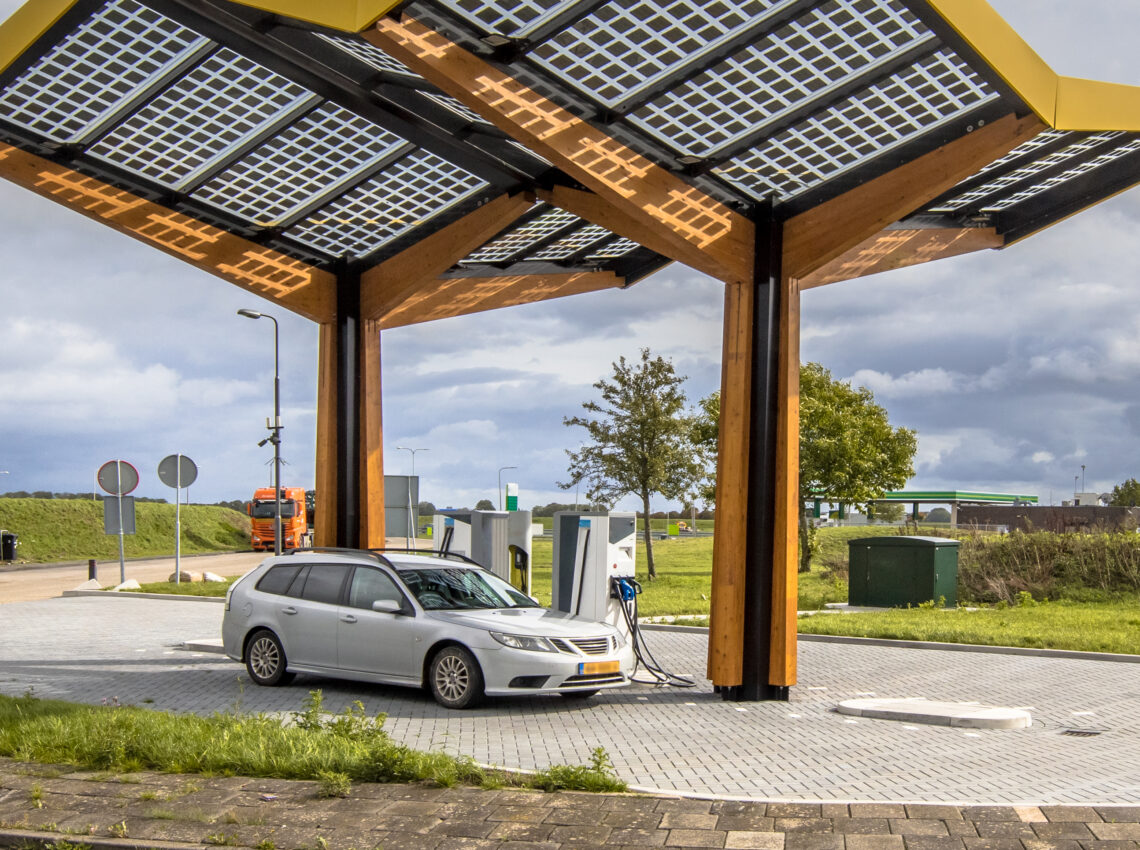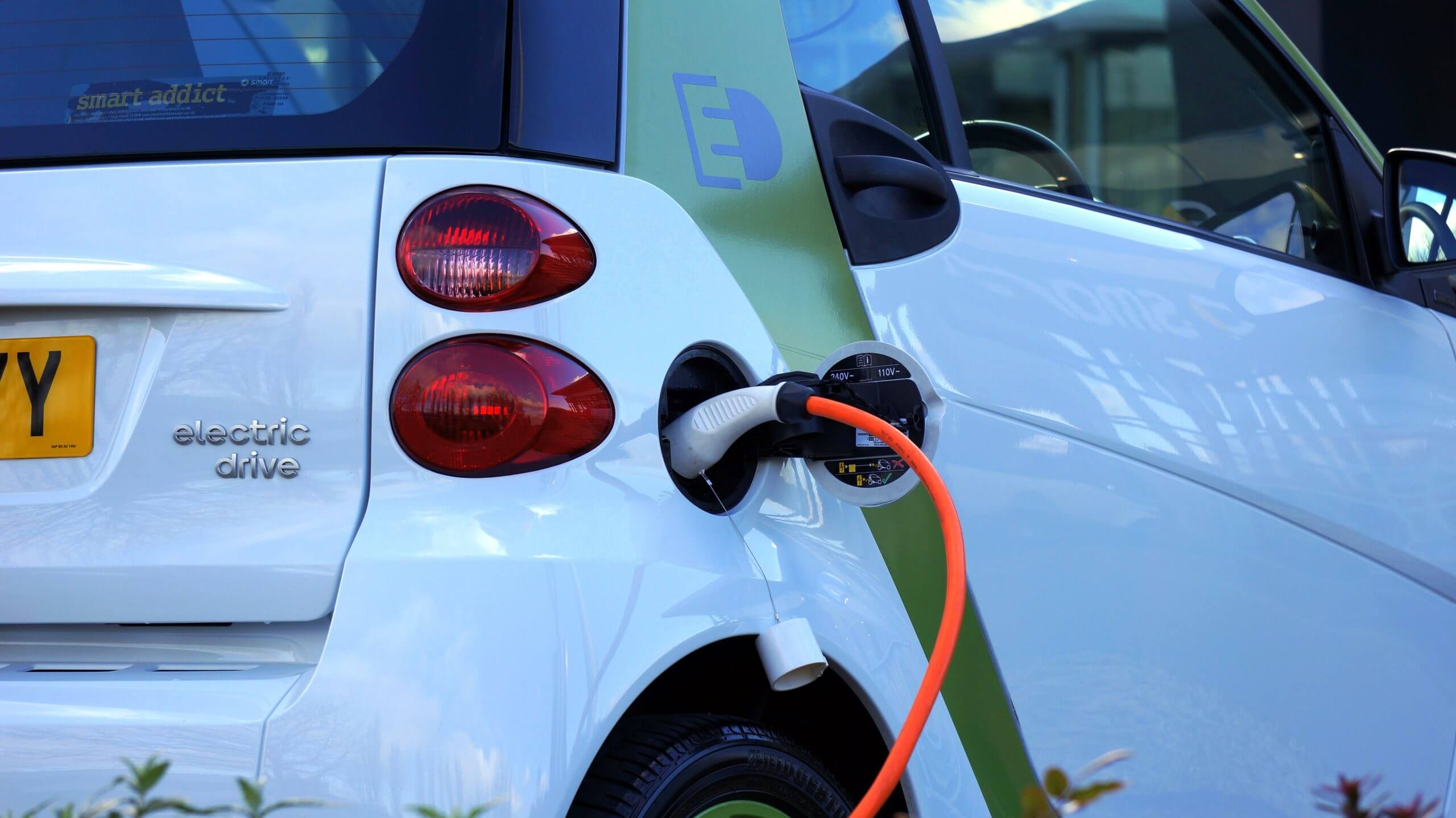The Future of Electric Vehicles: Riding the Wave of Innovation

Electric vehicles (EVs) are not merely a mode of transportation; they are a technological revolution that is reshaping the automotive industry and impacting the world in more ways than we can imagine. With the increasing global awareness of environmental issues and the need for sustainable practices, electric vehicles have taken center stage.
In this article, we will delve into the future of electric vehicles, exploring the latest trends and innovations that are propelling this industry into the future.
The Rise of Electric Vehicles
In recent years, electric vehicles have gained tremendous popularity, and their growth shows no sign of slowing down. The main driving force behind this surge is the growing concern for the environment. As climate change becomes an increasingly urgent issue, people are seeking ways to reduce their carbon footprint. Electric vehicles, with their zero tailpipe emissions, are seen as a significant step towards achieving this goal.
Moreover, advancements in battery technology have made EVs more accessible and practical. Longer ranges, faster charging times, and declining battery costs have alleviated many concerns consumers once had about electric vehicles. The result? A substantial increase in EV adoption rates worldwide.
Sustainability and Environmental Impact
One of the most compelling reasons to embrace electric vehicles is their positive impact on the environment. Unlike traditional gasoline-powered vehicles, EVs produce zero tailpipe emissions. This means they do not release harmful pollutants and greenhouse gases into the atmosphere. As our cities grapple with air quality issues and climate change, the transition to electric vehicles is becoming a crucial part of the solution.
But it’s not just about reducing emissions. Electric vehicles are also paving the way for a more sustainable future through innovations like regenerative braking and the use of recycled materials in manufacturing. These sustainable practices not only reduce the environmental impact but also inspire other industries to follow suit.
The Electric Revolution
Autonomous Driving
Electric vehicles are at the forefront of the autonomous driving revolution. With the integration of cutting-edge technologies such as artificial intelligence and machine learning, EVs are becoming increasingly autonomous. This not only enhances the driving experience but also improves safety on the roads.
Imagine a future where your electric car not only powers itself but also navigates through traffic, picks the most energy-efficient routes, and even finds available charging stations. This level of automation is no longer science fiction but a tangible reality.
Energy Efficiency
Electric vehicles are renowned for their energy efficiency. Unlike internal combustion engines that waste a significant portion of energy as heat, electric motors convert nearly all of the energy from the grid into propulsion. This efficiency results in cost savings for consumers and reduces the overall demand for energy.
As renewable energy sources like solar and wind power become more widespread, electric vehicles can be charged with clean, sustainable energy. This synergy between clean energy production and consumption aligns perfectly with the global shift towards a greener future.
Challenges and Innovations
Charging Infrastructure
While electric vehicles have made great strides, challenges remain, with the most prominent being charging infrastructure. To support the widespread adoption of EVs, we need a robust charging network that is as convenient as filling up a gas tank. Fortunately, innovators are working tirelessly to expand and improve charging infrastructure, making it more accessible and user-friendly.
Battery Technology
Battery technology continues to evolve rapidly, addressing concerns about range anxiety and charging times. The development of solid-state batteries promises to revolutionize the industry by providing longer ranges and faster charging speeds. These innovations will make electric vehicles even more appealing to consumers.
The Road Ahead
The future of electric vehicles is undeniably bright. As technology advances, electric cars will become more affordable, with an ever-expanding range of options to suit various needs and preferences. The automotive industry is undergoing a profound transformation, and electric vehicles are leading the way towards a cleaner, more sustainable future.
Conclusion
In conclusion, electric vehicles are not just a trend; they are the future of transportation. With their eco-friendly nature, technological advancements, and commitment to sustainability, electric vehicles are poised to reshape our world. As consumers, we have the power to accelerate this transition by embracing electric vehicles and supporting innovations in the industry. The road ahead is electric, and it’s a journey worth taking. Join the electric revolution today!
Now that you’re equipped with insights into the future of electric vehicles, it’s time to consider how you can be a part of this exciting transition. Whether you’re an automotive enthusiast or simply someone who cares about the environment, electric vehicles offer a compelling path forward. So, why wait? Start exploring the world of electric vehicles and be a driving force in the revolution!











